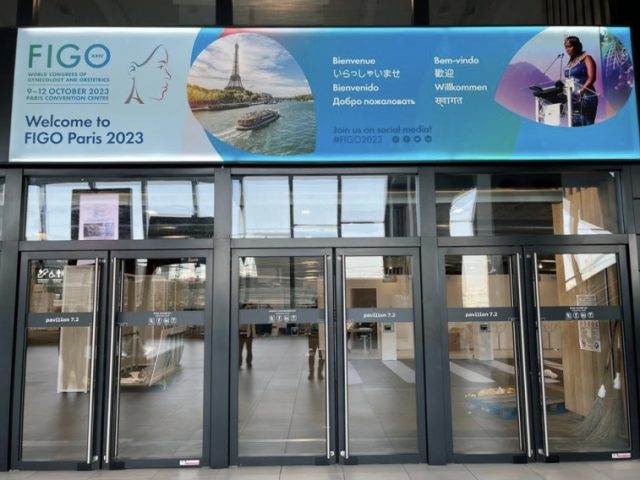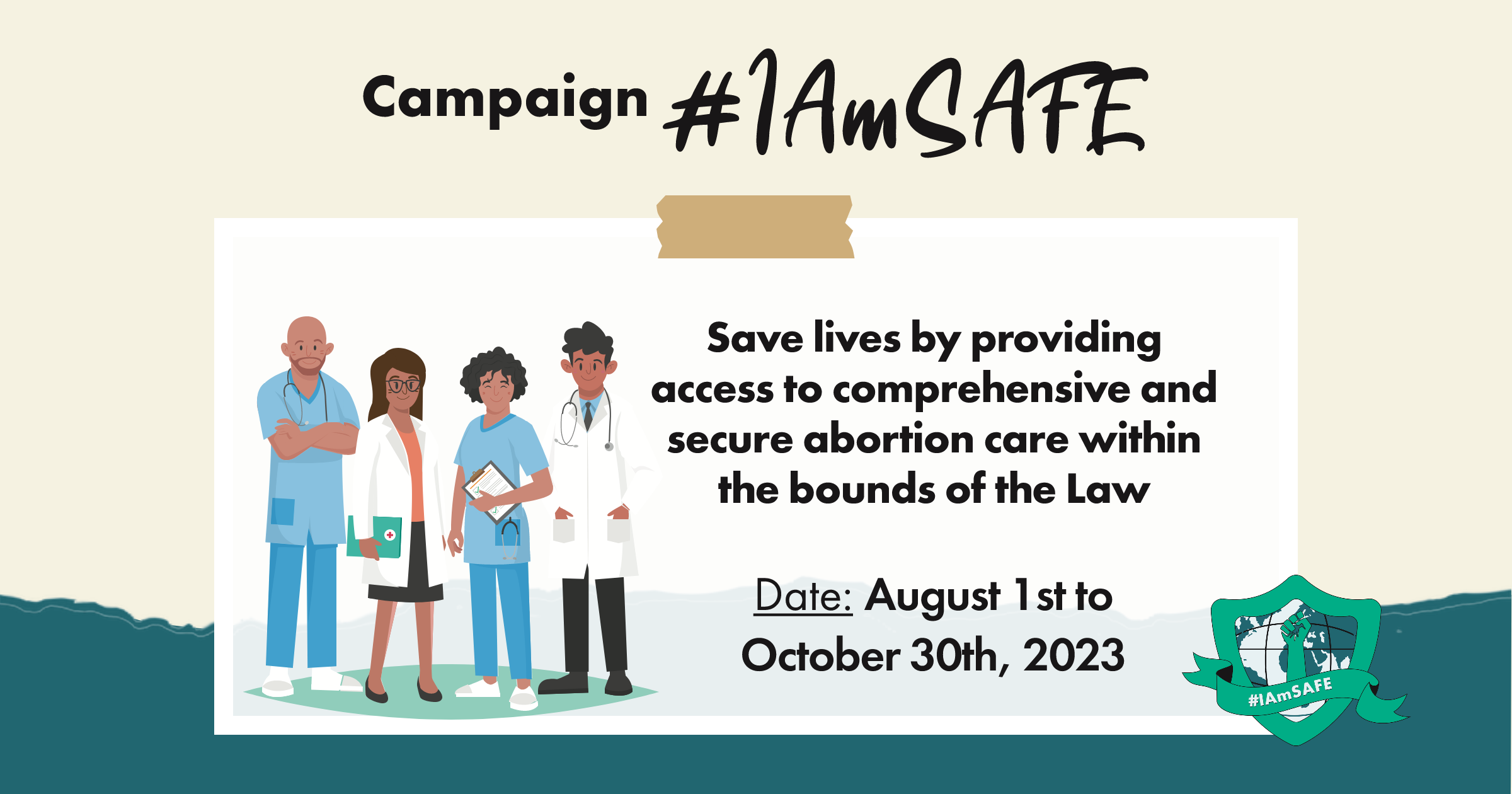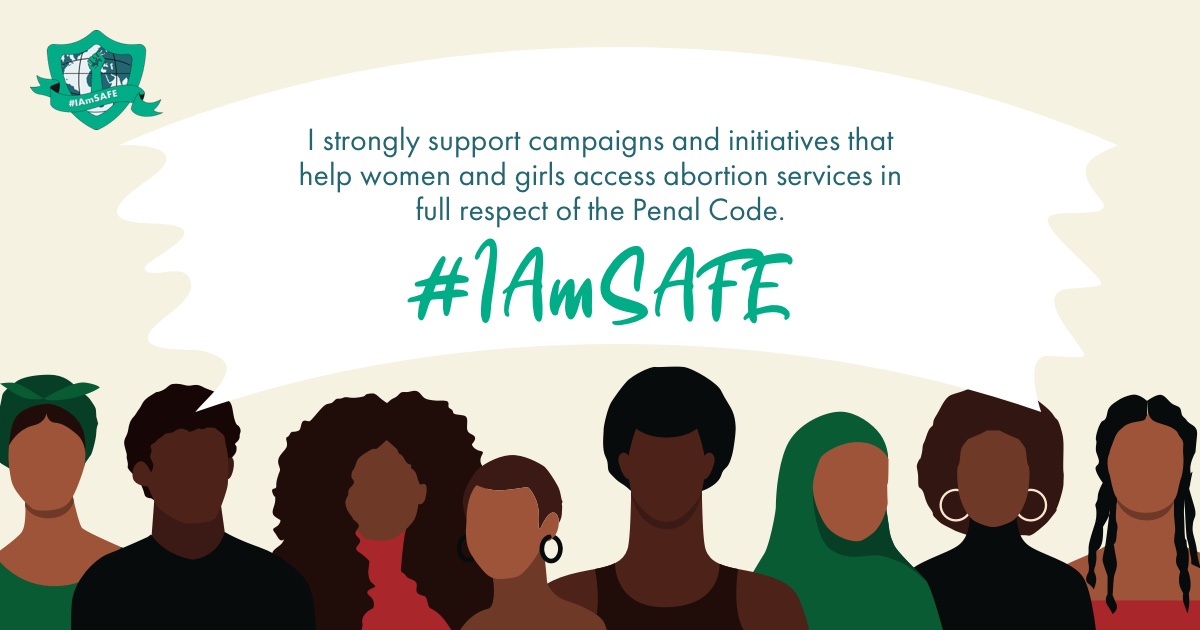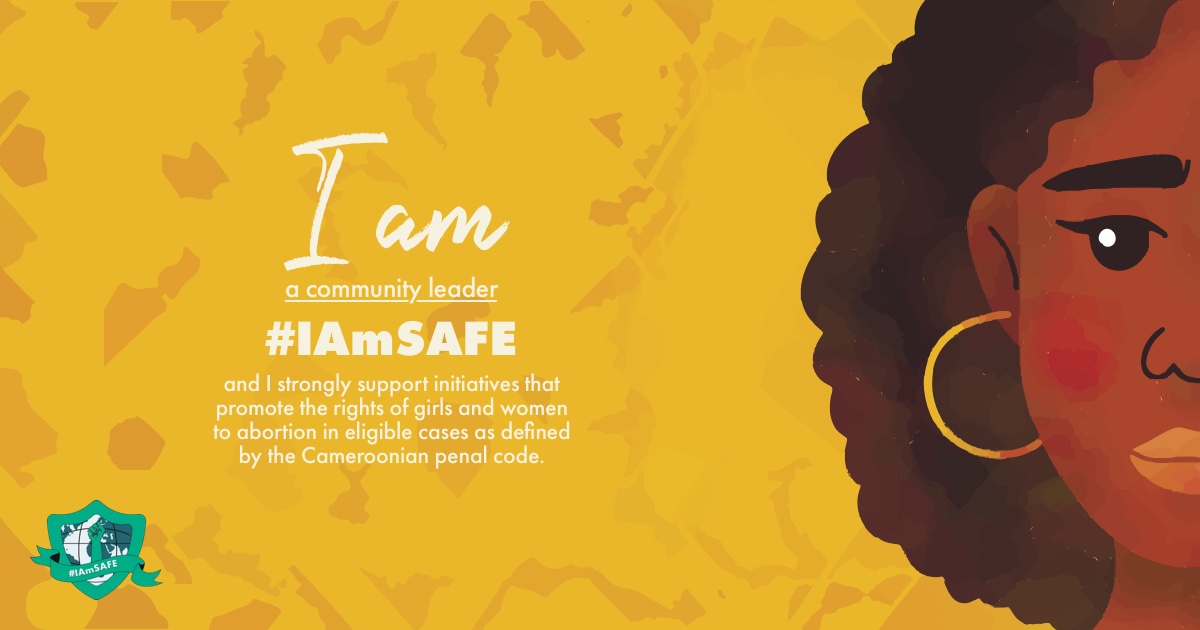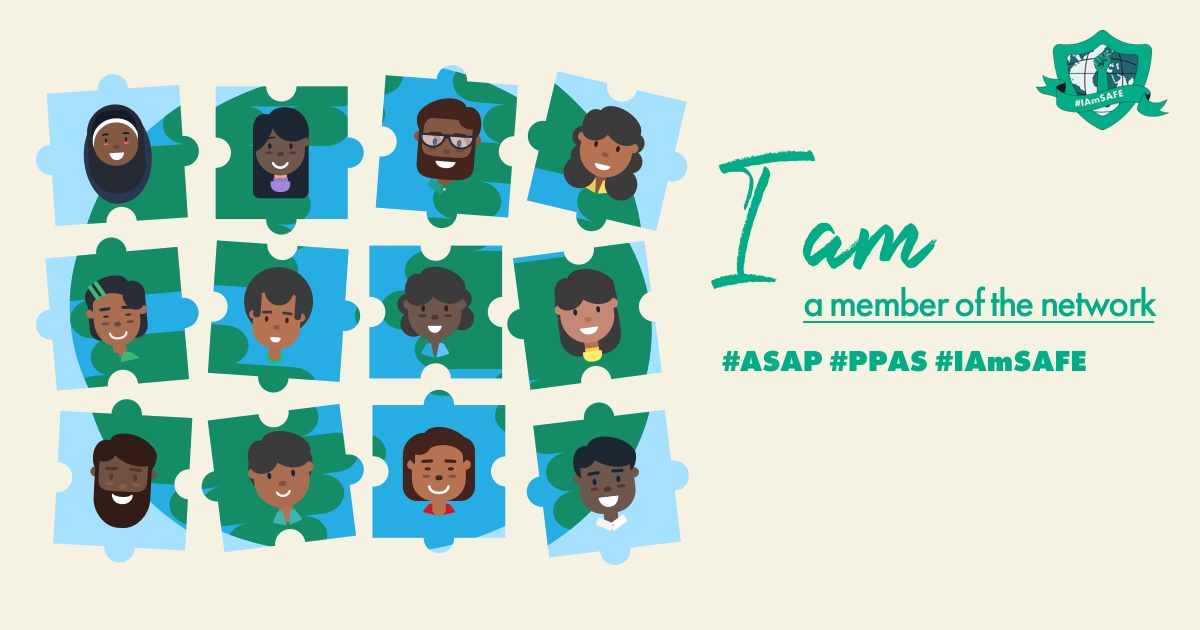Imagine! Alima is a victim of rape and decides to file a complaint with the judicial authorities. The complaint is registered and is in progress. The process can often be lengthy.
After a month, she realizes that her menstrual periods have stopped. A quick pregnancy test reveals that she is pregnant. What should she do? Alima starts the process for a pregnancy termination. Yes, she has the right to do so. In Burkina Faso, exceptions are granted by law to allow for termination of pregnancy under certain conditions. In this case, it is referred to as a Safe Abortion Interruption (ISG). The exceptional nature of ISG already indicates the difficulties in obtaining this authorization required by the law, this coveted “key”. The purpose of this article is to show that the practice lags behind legal restrictions and that this situation has consequences that need to be taken into account. According to a study by Médecins du Monde in two cities in Burkina Faso, Ouagadougou and Léo, since 2011, analyzing the legal framework of induced abortion, only twenty judgments related to induced abortion have been recorded. What explains this situation and what potential consequences might arise? The following lines provide some educational insights into these questions.
Let’s return to Alima. As mentioned, one month after being raped, she decides to start the process to obtain the coveted “key”. And there, the harsh reality confronts her. Her pregnancy has exceeded 14 weeks. The deadline has passed. There is no way to obtain a Safe Abortion Interruption (ISG) from a healthcare provider.
Alima’s case is far from unique. It can be worse. “We had a case of an adolescent who was sexually assaulted by her brother, resulting in a pregnancy. When they came to us, the pregnancy was at 17 weeks and two days, according to the ultrasound. According to the law, we could not perform a Safe Abortion Interruption (ISG),” recounts Dr. Eric Tobge, a gynecologist obstetrician at the CHU Sourou Sanou.
Safe Abortion Interruption, as reiterated by Dr. Eric Togobé, is defined as the cessation of an evolving pregnancy by a healthcare provider, following the conditions set forth by the legislation of the country in which the healthcare provider practices. In Burkina Faso, the procedure stipulated by law is particularly lengthy for cases of rape and incest, for which the case must be examined to ensure that it is indeed a case of rape or incest. In fact, Article 513-14 of the penal code states: “In case of rape or incest, if the materiality of the distress is established by the public prosecutor, the pregnant woman may, within the first fourteen weeks, request a healthcare provider to perform the safe abortion.”
In practice, this lengthy procedure leads to undesirable consequences, as women find themselves in the second trimester of pregnancy, which is therefore advanced. Dr. Eric Togbé laments such scenarios “where women come in the second trimester of their pregnancy and we cannot perform a Safe Abortion Interruption (ISG).”
The slow pace of the procedure is primarily explained by procedural constraints, according to Judge Tankoano. Conducting various investigations and/or expert examinations necessitated by the circumstances often requires time. Furthermore, adhering to required procedures involves formalistic demands that may explain the lengthening of the timeframe. Cases of rape, for example, are not reported promptly. Added to this is the hesitation of rape or incest victims to immediately make a declaration.
According to a source from the security services responsible for receiving and recording such declarations, “We receive complaints, establish the facts, apprehend the perpetrator, and prepare the official report. However, if we receive the complaint three or four weeks after the rape, no matter how quickly we process it, the case is already delayed.”
When the case is reported earlier, the procedure is forwarded in a timely manner to allow the judge to authorize the Safe Abortion Interruption (ISG), taking into account the physician’s opinion. Therefore, a girl who has been raped in the morning and “files the complaint in the evening or the next day, we cannot immediately determine if she is pregnant. But by that time, the case is already with the judge, and the doctor is also informed. After one to two weeks, we can determine if the girl is pregnant or not, and at the same time, we authorize the Safe Abortion Interruption (ISG),” explains the same security source.
Very Few ISG Authorizations
Regarding ISG authorizations, a study conducted by Médecins du Monde in 2011 in Ouagadougou and Léo on the legal framework of ISG reveals a near absence of decisions authorizing abortion. While all magistrates claim to have dealt with cases of illegal abortion, almost all of them state that they have never been approached for authorization of a Safe Abortion Interruption (ISG). Only one magistrate affirms having, on two occasions, authorized Safe Abortion Interruption (ISG) based on the 1996 penal code: “I received the case of a 14-year-old girl who became pregnant following a rape. I initiated the rape procedure and explained to them (her parents) that they could, in accordance with the law, request a healthcare provider to perform a Safe Abortion Interruption (ISG). They made the request to the doctor, who referred them back to me. They returned to me saying that the doctor refused to perform the ISG until he obtained authorization from the public prosecutor. I photocopied the provisions of the penal code on abortion and sent them to the doctor, who demanded written authorization to perform the ISG. I wrote the document and told him to proceed in accordance with the law. He did not do it himself. The girl was already seven weeks pregnant; he had her evacuated to Ouagadougou to meet with a gynecologist who performed the ISG.”
To the question of whether a doctor has the right to refuse to perform the ISG, Judge Tankoano noted that no provision in the health or penal code currently allows a doctor to abstain from or refuse to perform a Safe Abortion Interruption (ISG) following authorization obtained from the Public Prosecutor. However, Article 117(3) of the Code of Medical Ethics states that if a doctor, due to their convictions, believes that they are prohibited from performing a Safe Abortion Interruption (ISG), they may withdraw while ensuring the continuity of care through a qualified colleague.
This study indicates that although the law allows women in certain cases to medically terminate their pregnancies, obtaining the coveted “key” is almost impossible. Faced with these challenges, women resort to clandestine abortion, with all its gynecological, renal, and hepatic complications. According to statistics from the Institute for Advanced Studies in Population (ISSP) at the University of Ouagadougou in partnership with the Guttmacher Institute, 105,000 cases of abortion were recorded in Burkina Faso, with 25 pregnant women per 1000 (aged 15-49). In urban areas, the situation is more alarming, with 44 per 1000 compared to 22 per 1000 in rural areas. 72% of women who have had an abortion have resorted to traditional practitioners or have done it themselves. 43% of women who had undergone this risky practice experienced complications.


